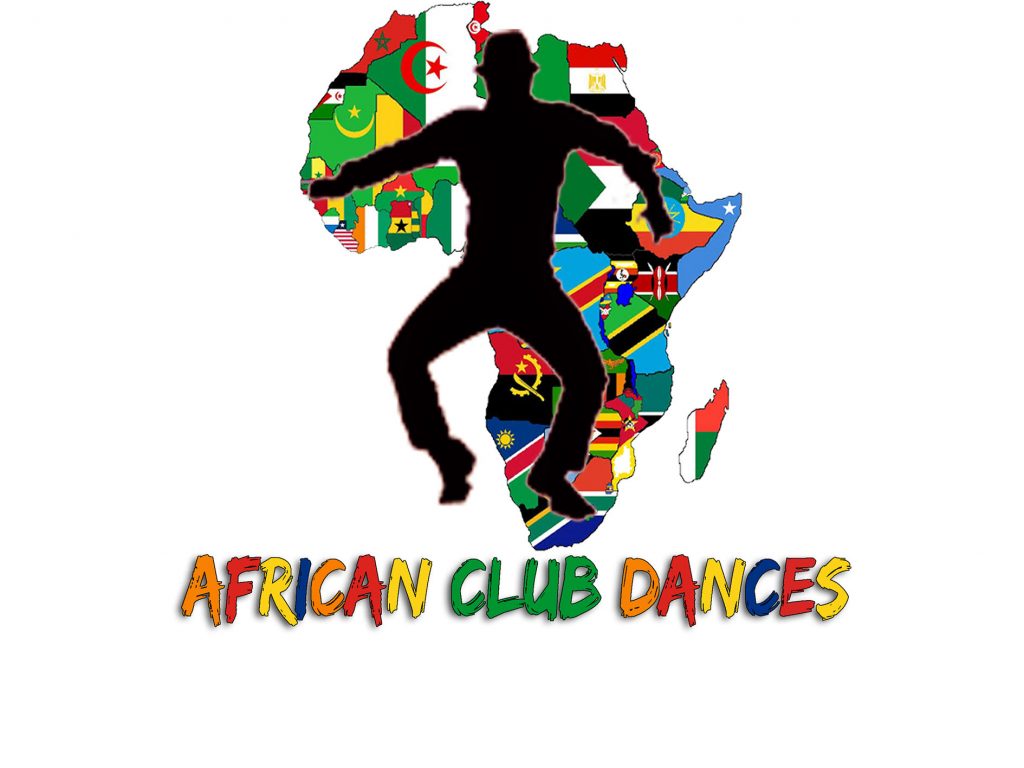Azonto History
Azonto is a dance and music genre that originates from Ghana, specifically from the coastal areas of Accra. It began gaining popularity in the early 2010s and quickly became a significant cultural phenomenon, not only within Ghana but also internationally. Azonto is characterized by rhythmically complex movements, often mimicking everyday activities, such as washing, driving, and boxing, transforming them into dance moves. The dance is performed with bent knees and a slightly bent posture, allowing for a wide range of arm and leg movements, all set to the fast-paced beats of Azonto music, which blends traditional Ghanaian rhythms with contemporary African music elements.
Fun Fact: Azonto originally started as a street dance called “Kpanlogo” in the coastal Ghanaian areas before evolving into the Azonto dance. Its transformation was fueled by the youth, who added more expressive movements and contemporary music to create a new, vibrant dance form.
The music that accompanies Azonto is just as essential as the dance itself, with songs often featuring catchy hooks and beats that invite dancing. The genre has propelled numerous Ghanaian artists to fame, both locally and internationally, and has played a crucial role in showcasing Ghanaian culture to the world. The lyrics often reflect social themes, humor, and daily life in Ghana, making Azonto a dance and music style that is deeply rooted in the social fabric of the country.

Azonto’s popularity has spread far beyond the borders of Ghana, with flash mobs, dance competitions, and tutorials appearing all over the world, from university campuses to social media platforms. This global spread has been facilitated by the Internet, allowing Azonto to gain a following among diverse audiences and inspiring international artists to incorporate elements of the dance into their performances.
Trivia: One of the unique aspects of Azonto is its ability to tell a story through dance moves. Dancers often use the dance as a form of non-verbal communication, telling stories about their lives, social issues, or simply entertaining onlookers with humorous interpretations of daily tasks.
Despite trends coming and going, Azonto remains a proud emblem of Ghanaian creativity and cultural expression. Its ability to evolve while staying connected to its roots has ensured that Azonto continues to be relevant and celebrated both in Ghana and internationally. As a cultural export, Azonto showcases the vitality and dynamism of African music and dance on the global stage.
